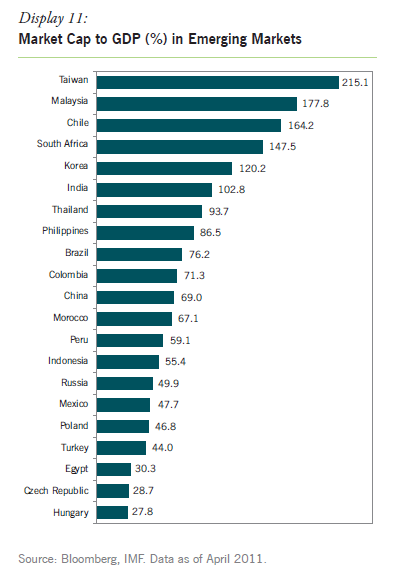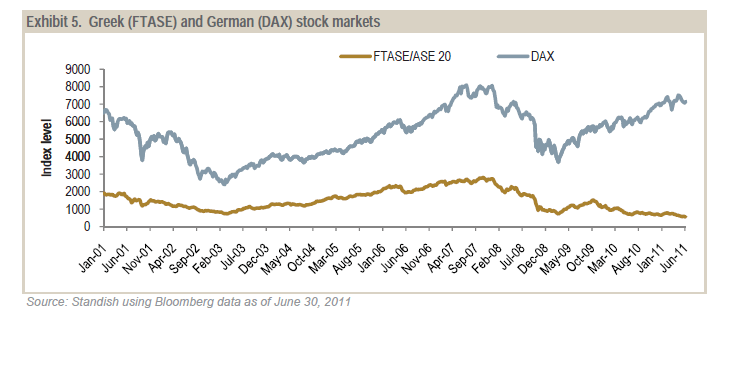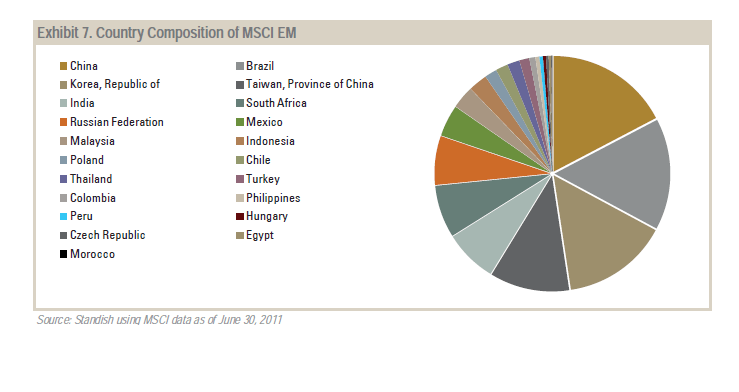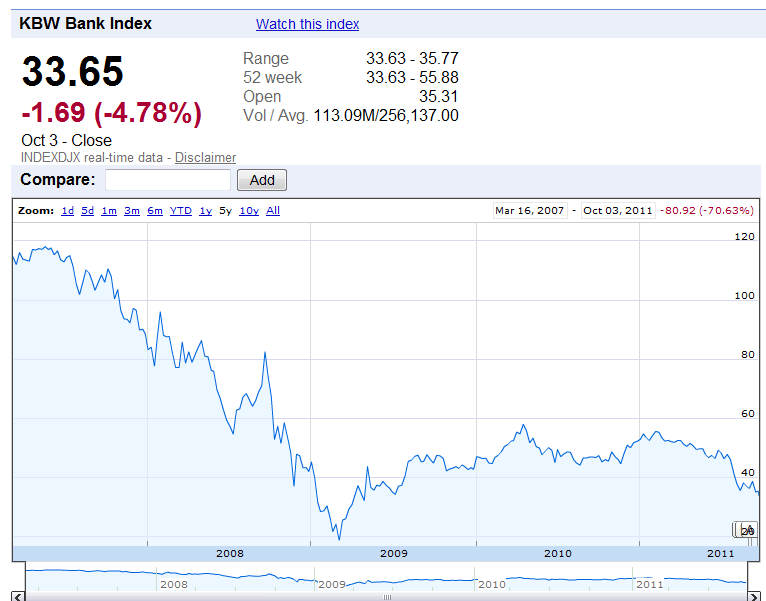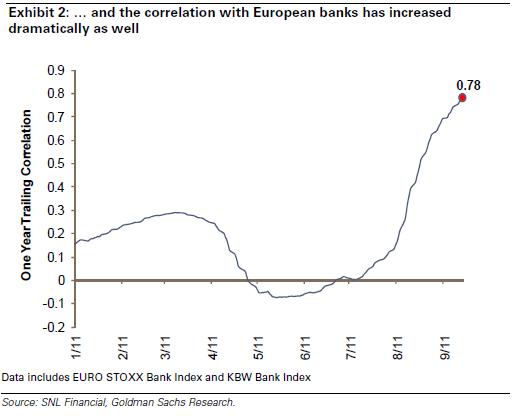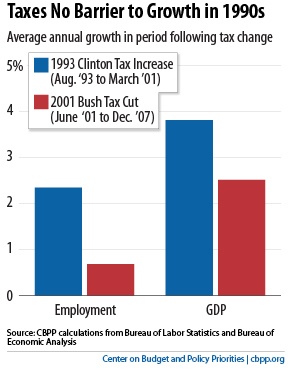Mr.Warren Buffett is one of the US billionaires and chairman of the Berkshire Hathaway Inc. Ms.Elizabeth Warren is an attorney, Harvard law professor, and a United States Senate candidate.
I came across an interesting article with the same title as above by John DeFeo in TheStreet.com
The reason for Warren’s newfound Internet stardom is simple. She was able to articulate — in a few words — what the Democratic Party has been unable to communicate for years:
“There is nobody in this country who got rich on his own. Nobody.
You built a factory out there? Good for you. But I want to be clear: you moved your goods to market on the roads the rest of us paid for; you hired workers the rest of us paid to educate; you were safe in your factory because of police forces and fire forces that the rest of us paid for. You didn’t have to worry that marauding bands would come and seize everything at your factory, and hire someone to protect against this, because of the work the rest of us did.
Now look, you built a factory and it turned into something terrific, or a great idea? God bless. Keep a big hunk of it. But part of the underlying social contract is you take a hunk of that and pay forward for the next kid who comes along.”
Whether or not you agree with Warren, she is worth listening to. (emphasis added)
The complete article can be found here.
